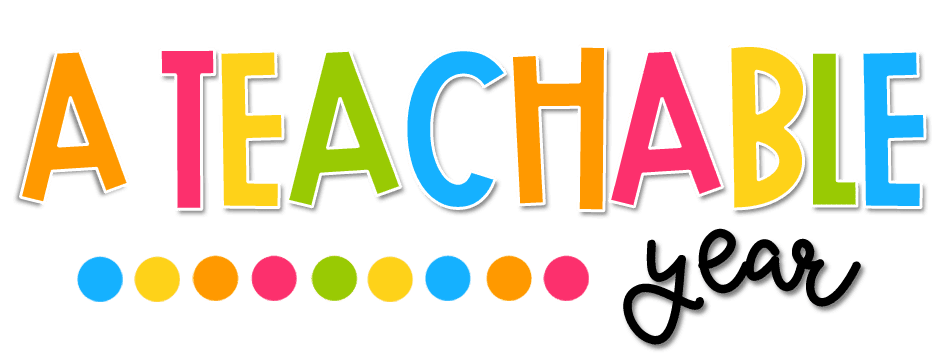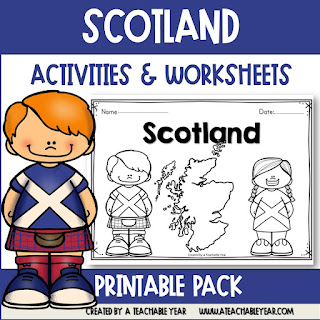The European Day of Languages, observed on September 26th, serves as a vibrant celebration of linguistic diversity, multilingualism, and the rich tapestry of cultures across Europe. For ESL educators, this day offers an exciting opportunity to delve into the diverse languages and cultures that shape the European continent.
Understanding European Day of Languages
The European Day of Languages is a testament to the linguistic and cultural wealth of Europe, aiming to promote language learning and foster intercultural understanding among people of different nationalities.
Language Skills and Activities
Expanding Linguistic Horizons:
Introduce vocabulary related to languages and cultures in Europe, such as multilingualism, dialects, heritage languages, and linguistic diversity. Engage students in discussions or activities to reinforce these terms, promoting language acquisition and cultural awareness.
Language Showcasing:
Highlight various languages spoken across Europe through short phrases, greetings, or expressions, encouraging students to explore the sounds and structures of different languages.
Language Exchange:
Organize language exchange sessions where students can teach each other basic phrases or expressions in their native languages, promoting linguistic diversity and cultural exchange.
Embracing Linguistic Diversity and Cultural Exchange
Cultural Exploration:
Explore different European cultures through their languages, customs, traditions, and cuisines, fostering an appreciation for cultural diversity.
Language Importance:
Discuss the importance of language in preserving cultural heritage, facilitating communication, and bridging gaps between people from different backgrounds.
Interactive Activities
Language Games:
Engage students in language-related games such as word puzzles, language trivia, or language-themed charades, making language learning enjoyable and interactive.
Cultural Presentations:
Encourage students to create presentations about a specific European country, highlighting its language, culture, and traditions, promoting research skills and cultural understanding.
Reflective Discussions
Language Learning Benefits:
Initiate discussions on the benefits of learning multiple languages, such as cognitive advantages, enhanced communication skills, and a broader understanding of different cultures.
Personal Language Journeys:
Encourage students to share their language learning experiences or connections to European languages, fostering a sense of inclusivity and appreciation for linguistic diversity.
Celebrating European Day of Languages in ESL Classes
Teaching about the European Day of Languages in ESL classes provides a platform to explore linguistic diversity, language development, and the values of cultural exchange. Through language exercises, cultural explorations, interactive activities, and reflective conversations, educators can create an engaging lesson that not only enhances language skills but also instills a deeper appreciation for linguistic diversity and cross-cultural communication.
Teaching about the European Day of Languages in ESL classes provides a platform to explore linguistic diversity, language development, and the values of cultural exchange. Through language exercises, cultural explorations, interactive activities, and reflective conversations, educators can create an engaging lesson that not only enhances language skills but also instills a deeper appreciation for linguistic diversity and cross-cultural communication.





No comments
Post a Comment
Thanks for your comment!